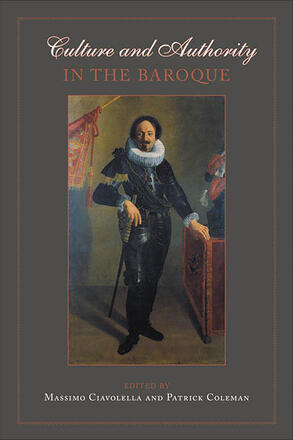
Description
The cultural forms often referred to as ‘baroque’ are the most spectacular expressions of early modern Europe’s effort to mediate between knowledge and power at a time when political authority was being centralized, the authority of religion undermined by the division of Christianity, and science and poetry were seen increasingly as rival forms of intellectual authority. Culture and Authority in the Baroque explores the baroque across a wide range of disciplines, from poetics to politics, to the rituals of musical, dramatic, and religious performance.
The essays in this collection span what has been called the ‘baroque crescent’ stretching from Spain through Italy to Russia, but they also bring Shakespeare and English cosmological poetry into productive dialogue with continental Europe in the reinterpretation of baroque world-views. The editors, Massimo Ciavolella and Patrick Coleman, along with a group of eminent scholars from across the disciplinary and geographic spectrum, investigate baroque modes of persuasion with careful attention to the complexity of particular cultural phenomena and their political and aesthetic implications. This collection redefines the way the baroque will be understood.